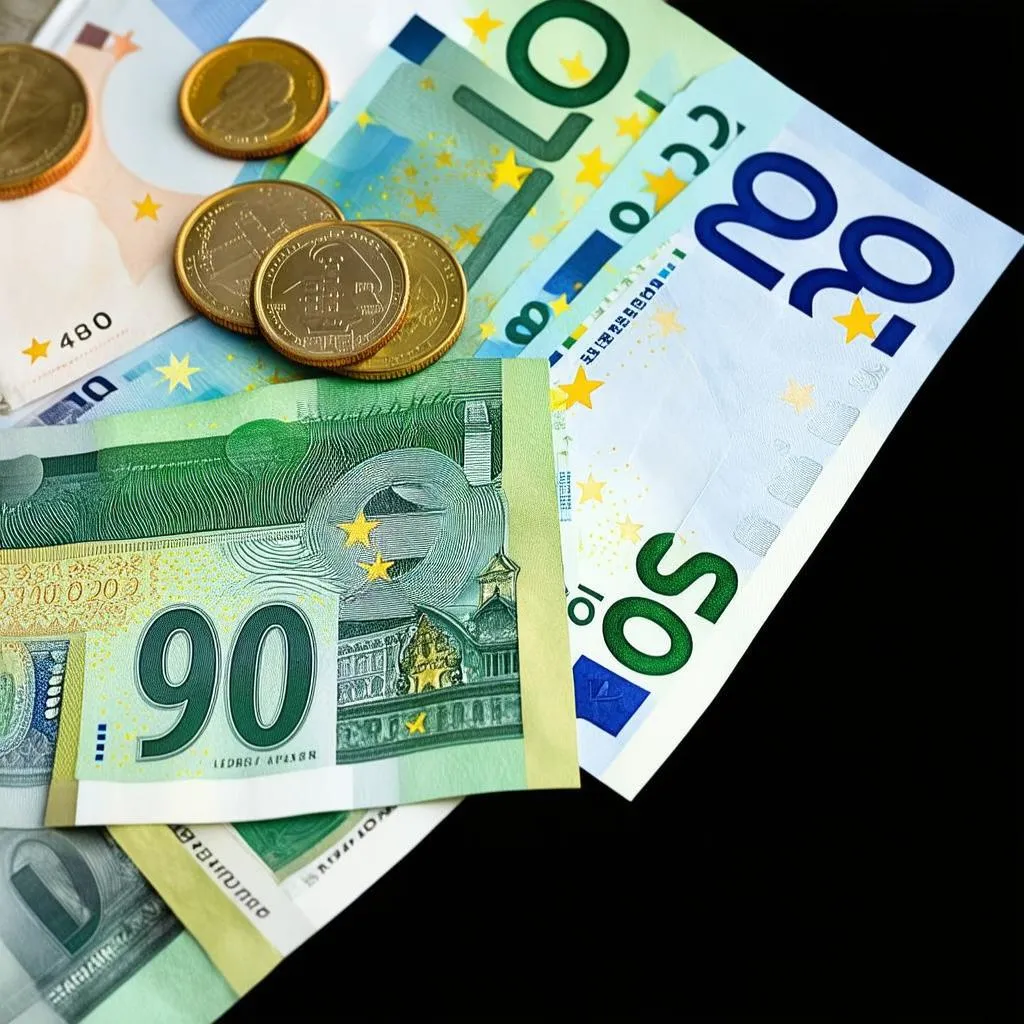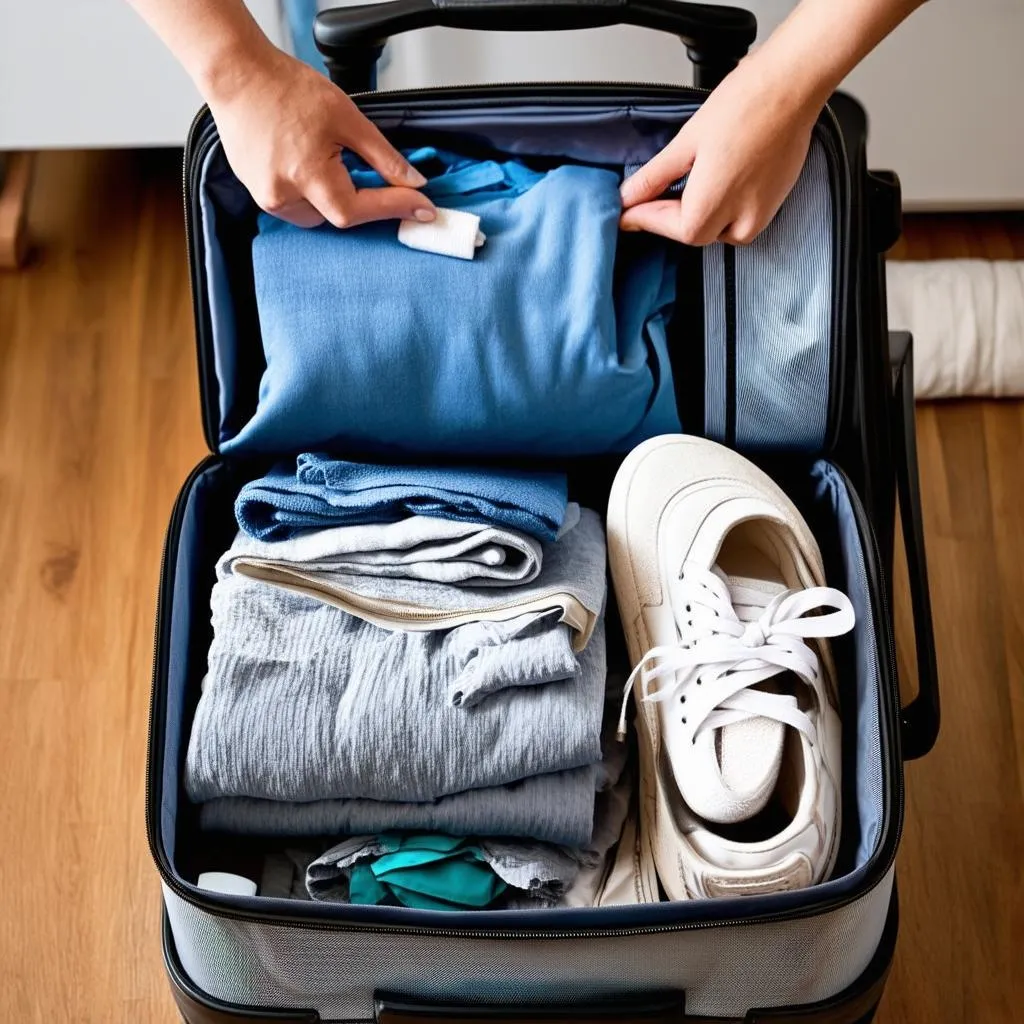“The world is a book and those who do not travel read only one page.” – Saint Augustine. So true, right? Especially when it comes to exploring the culturally rich and historically significant continent of Europe.
Planning a trip across the pond to Europe? The excitement is real, but so is the prep work! Don’t worry, this comprehensive guide is here to ensure you’re well-prepared for your European adventure. From packing essentials to visa requirements and hidden travel gems, consider this your personal travel companion.
Essentials for Every Traveler
1. Passport and Visas: First things first, make sure your passport is valid for at least six months beyond your intended stay. Many European countries are part of the Schengen Area, allowing for visa-free travel for up to 90 days. However, double-check the specific visa requirements for your nationality and the countries you plan to visit.
2. Travel Insurance: Don’t leave home without it! Travel insurance provides a safety net for unexpected events like medical emergencies, lost luggage, or trip cancellations. It’s worth the peace of mind.
3. Currency Exchange: While many European nations use the Euro, some countries like the UK and Switzerland have their own currencies. Research the exchange rates beforehand and consider using a travel-friendly credit card to avoid foreign transaction fees.
 euro money
euro money
Planning Your Itinerary
1. Destination Inspiration: Ah, Europe! From the Eiffel Tower’s grandeur to the canals of Venice, the choices are endless. Do you envision yourself strolling through ancient ruins in Rome, sipping coffee at a Parisian cafe, or perhaps hiking the Swiss Alps? Narrowing down your interests will help create a more fulfilling itinerary.
2. Pace Yourself: Europe’s charm lies in its diverse cultures and breathtaking landscapes. Avoid cramming too much into one trip. Focus on a few key destinations and allow yourself ample time to soak in the local atmosphere. Remember, it’s about quality, not quantity!
3. Embrace Spontaneity: While having a plan is important, don’t be afraid to leave room for spontaneity. You never know what hidden gems you might discover or serendipitous encounters you might have.
Packing Smart
1. The Art of Layering: European weather can be unpredictable, so pack versatile clothing items that can be layered. A light jacket, scarf, and comfortable walking shoes are essential, no matter the season.
2. Adapter Essentials: European countries use different electrical outlets than the US. Don’t forget to pack a universal adapter to keep your devices powered up.
3. First-Aid Kit and Medications: Pack a basic first-aid kit with essentials like bandages, pain relievers, and any prescription medications you take. It’s always better to be prepared!
 packing a suitcase
packing a suitcase
Cultural Etiquette and Language
1. Embrace Local Customs: Europe is a tapestry of diverse cultures, each with unique traditions and etiquette. Do your research beforehand to avoid any faux pas. For example, in France, it’s customary to greet shopkeepers with a “bonjour” upon entering.
2. Learn Basic Phrases: While English is widely spoken in many tourist areas, learning a few basic phrases in the local language goes a long way. It shows respect and can enhance your interactions with locals.
Feng Shui Tips for Your Journey
1. Choose Auspicious Travel Dates: According to Feng Shui, choosing the right travel dates based on your birth date can invite positive energy and smoother travels. Consulting a Feng Shui calendar or expert can provide insights.
2. Pack with Intention: The way you pack your suitcase can impact your energy. Pack items that spark joy and represent the experiences you want to attract on your trip.
FAQs – Your European Adventure Questions Answered
1. What’s the best time to visit Europe?
Europe offers something special year-round! Spring and fall typically offer pleasant weather and fewer crowds, while summer is peak season with vibrant festivals. Winter transforms the continent into a winter wonderland, ideal for skiing and cozy Christmas markets.
2. How much should I budget for a trip to Europe?
Costs vary depending on your travel style, destinations, and duration. On average, you can expect to spend around $100-$200 per day for budget travelers, $200-$400 for mid-range, and upwards of $400 for luxury experiences.
3. Is it safe to travel solo in Europe?
Generally, yes! Europe is considered relatively safe for solo travelers, but it’s always wise to take precautions. Stay aware of your surroundings, avoid walking alone at night, and keep your valuables secure.
Discover More with Travelcar.edu.vn
Want to uncover hidden travel gems and expert tips? Visit TRAVELCAR.edu.vn for curated travel guides, destination inspiration, and exclusive deals to elevate your European adventure. From luxurious escapes in Paris to off-the-beaten-path adventures in Croatia, we’ve got you covered.
Your Unforgettable Journey Awaits!
Remember, the key to a successful European adventure lies in meticulous planning and a spirit of adventure. Pack your bags, embrace the unknown, and get ready to create memories that will last a lifetime. Happy travels!
